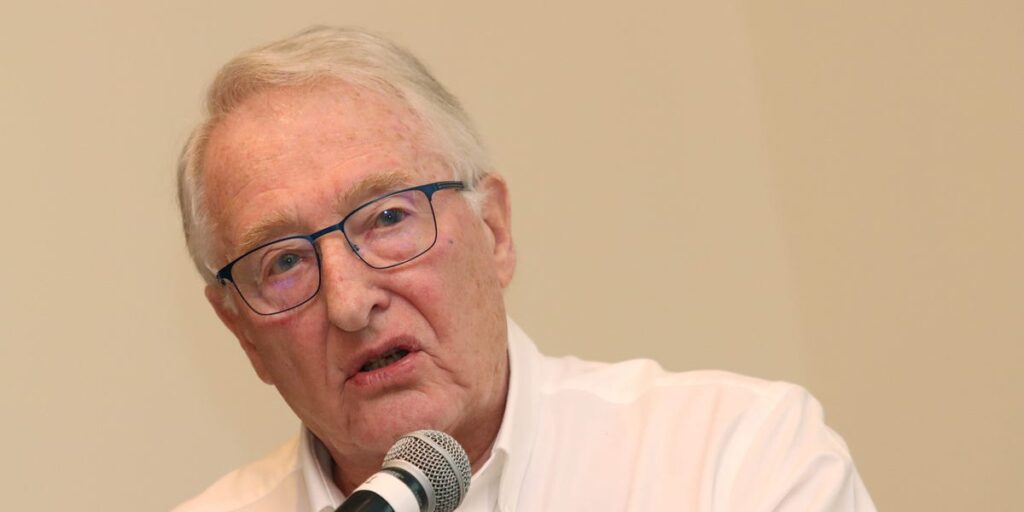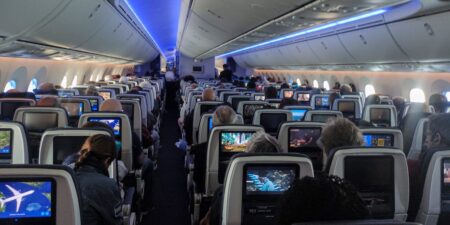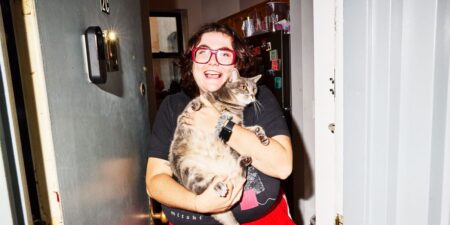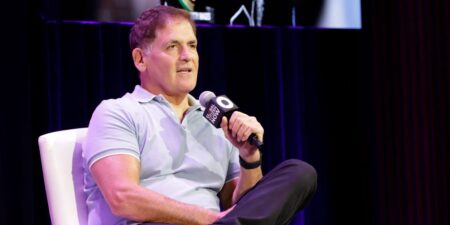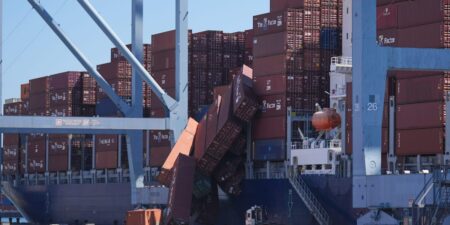It’s hard to move apparel manufacturing West because no one wants to sit in front of a sewing machine for hours, Reebok’s founder said.
Joe Foster, a 90-year-old Reebok veteran who cofounded the footwear and clothing brand in 1958 in the UK, spoke on a Yahoo Finance’s Opening Bid podcast interview, released Monday.
When asked how tough it was for companies like Nike, Adidas, and Reebok to move production out of Asia, Foster said that’s “virtually impossible” to accomplish on a short timeline.
“If you want millions, as we wanted, millions of products, you’ve got to go somewhere where you’ve got a lot of people who are quite willing to sit on a machine, women on the sewing machines, men on the production line, and that doesn’t happen overnight,” Foster said.
“In the UK, we can’t get people to do that. They won’t do it, they’ve moved on to whatever different things, and I think the States are exactly the same,” he added.
He said that to move manufacturing West, a faster method of making shoes with robots and automation is needed. But automation for complicated sneakers, which he said have more than a hundred pieces, was difficult.
The industry had not progressed to that stage, and the apparel and footwear business was “going to be in the Far East for a long time,” he said.
Reebok’s manufacturing is concentrated in Asia, particularly in countries like Vietnam and China. The private company has been headed by CEO Todd Krinsky since 2022.
It is owned by the NYC-based Authentic Brands Group, which also owns other apparel brands such as Champion, Billabong, Van Heusen, and Ted Baker.
Retailers have been grappling with the effects of Trump’s tariffs, which have targeted Asian countries heavily involved in apparel manufacturing. Goods entering the US from Vietnam and China are now hit with a 20% and 30% levy, respectively.
In a June earnings call, Nike announced it would raise prices for US customers because it anticipated a $1 billion cost increase from tariffs.
Other companies have announced that they will move manufacturing to the US to mitigate the impact of the tariffs. In April, French luxury giant LVMH said it was considering increasing the capacity of its production facilities in the US.
Representatives for Reebok did not respond to a request for comment from Business Insider.
Read the full article here







